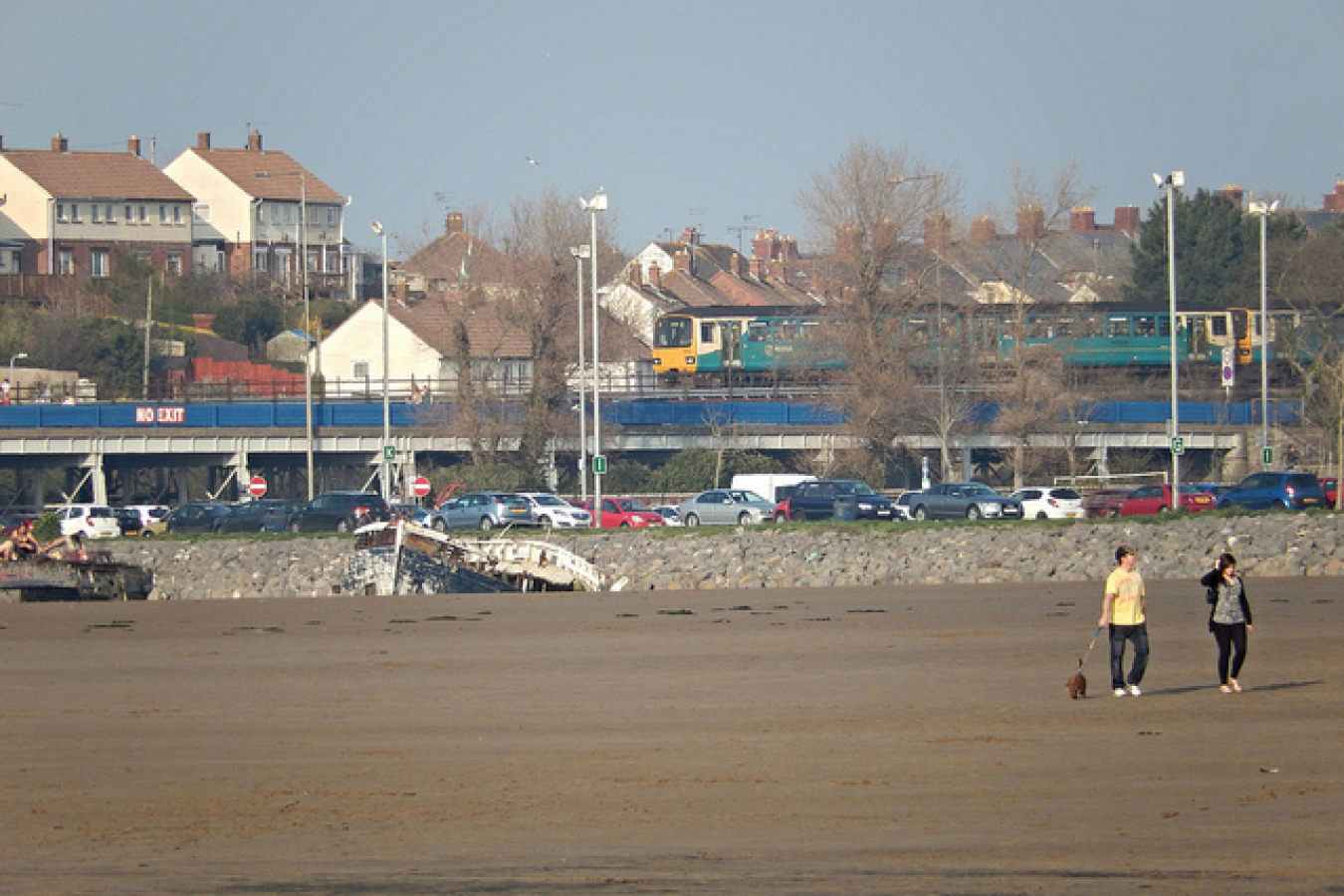Support migrant centric journalism today and donate

 • Media Center » Video Immigration News
• Media Center » Video Immigration NewsBy 2016, the population of the United Kingdom is expected to increase by 4.4 million, due in part to increased immigration. According to the Office of National Statistics (ONS), if past trends continue, the population will reach 71 million by 2031.

The ONS projected that the proportion of people aged 65 and over will increase from 16 percent in 2006 to 22 percent by 2031.
The ONS said that this was an inevitable outcome caused by the number of people born after World War 2 and the baby boom of the 1960s. Because of this, the ratio of the working age population to those of state pension age is expected to fall from 3.3 to 1 to 2.9 to 1 by 2031.
The projects state that England's population will increase by 8 percent by 2016, compared to 7 percent for Northern Ireland, 5 percent for Wales, and 3 percent for Scotland.
Increased immigration was also considered a factor in the projections, but Immigration Minister Liam Byrne felt that the ONS over-estimated the numbers by taking into account Eastern European migration data from 2004 and 2005, when immigration from there reached its peak. The data did not count 2006 in which migration from Eastern Europe declined.
However, he stated that the projections "show what could happen unless we take action now."
He reiterated that Britain would introduce a new points based system -- one that would encompass a larger range of immigration categories, rather than just focusing on skilled immigration as it does now with the Highly Skilled Migrant Programme.
"This underlines the need for swift and sweeping changes to the immigration system in the next 12 months, which will include the introduction of an Australian-style points based system, so only those that Britain needs can come to work and study," he said.





















